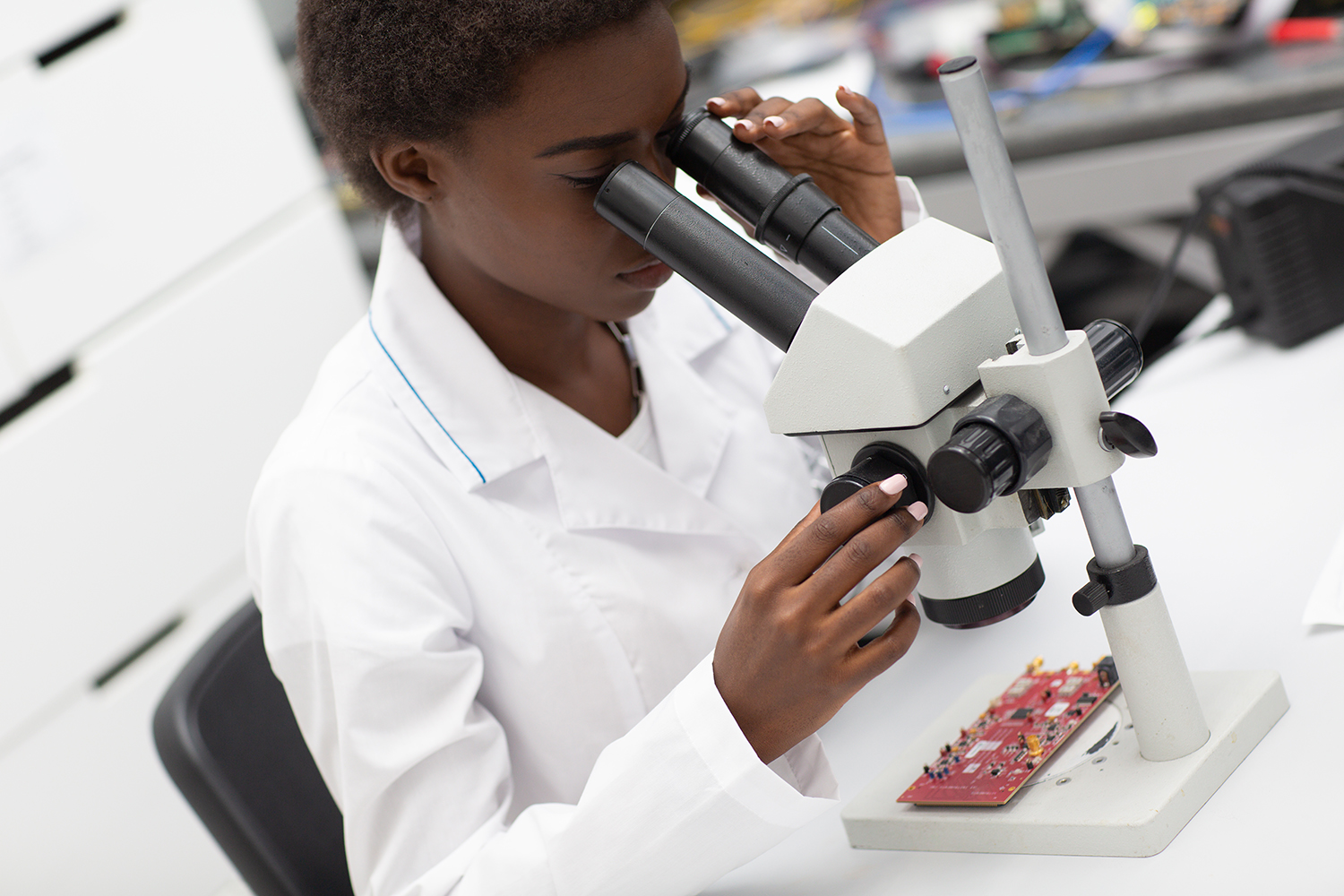By now, you have resolved to stop drinking countless times. You know how much it hurts your loved ones when you drink. You know that it impacts your job performance. You know that your life is at risk due to your drinking. Yet every time you say, “this is my last drink,” you inevitably seem to drink again.
It’s not about willpower. It’s not a moral failing. Despite how much you may beat yourself up, your alcohol addiction has a legitimate, biological basis. The good news is, because we have a scientific and medical understanding of alcoholism, we have medical tools which can help you go sober forever.
Why Alcohol is Addictive
Alcohol acts as a depressant on the nervous system, which means that when you consume alcohol, you reduce brain activity. The most significant activity inhibition when it comes to alcohol use is with an increase in signaling from a neurotransmitter called gamma-aminobutyric acid (GABA).
GABA is the main neurotransmitter involved in facilitating communication between brain cells. It plays a central role in either activating or inhibiting certain signals between brain cells. This is why drugs, such as sedatives and muscle relaxants, target GABA to increase its inhibitory signaling. This is also why, when you drink, you may slur your words, have trouble walking in a straight line, and have difficulty remembering what you did while drunk.
The main inhibitory neuroreceptor that responds to GABA is called gamma-aminobutyric acid-a (GABAA). GABAA is responsible for controlling the amount of dopamine in the brain.
You are likely already familiar with dopamine. Dopamine is one of the most important neurotransmitters, and it regulates many functions in the brain, including movement, learning, attention, and emotional response. Dopamine also plays an essential role in the reward system of the brain. Because it creates feelings of pleasure, when you do something you enjoy, dopamine is released in the brain.
For casual drinkers, alcohol promotes the release of dopamine, they feel good temporarily, and then the impact of alcohol on the GABAA neuroreceptors goes away. However, for heavy drinkers, the GABAA neuroreceptors become impacted. Your brain has to work twice as hard to produce dopamine, and only drinking more alcohol helps. This means in order to even feel “normal,” people with alcohol use disorder need increasing amounts of alcohol, which is why you see an increased tolerance over time.
The Phases of Alcohol Addiction
While the progression of alcohol use disorder may look different, you may be able to recognize the following phases:
- Pre-alcohol symptomatic phase. This begins as occasional drinking in social situations, but may transition into feeling a “need” to drink to relax. Over time, this may cause you to drink more frequently and at a higher rate. The signs of tolerance begin to develop, even in this early stage.
- Prodromal phase. This is when you begin to feel preoccupied by alcohol. You may forget what happened when you were drinking or “blackout” often. This is also when you may begin to feel ashamed or guilty about your alcohol consumption.
- Crucial phase. This is when drinking starts to feel “out of control.” You start to have problems at work and in your relationships due to drinking. You may attempt to cut back but be unable to. You start to feel intense cravings for alcohol, and may have symptoms of withdrawal when you do attempt to stop.
- Chronic phase. This is when binge drinking extends over prolonged periods of time — you’re drinking more than you’re sober. This is when your body and mind begin to decline. It’s also at this point when it becomes difficult to maintain a job, relationships suffer, and maintaining a daily routine is nearly impossible.
How Our Alcohol Treatment Center in Denver Can Help
At Go Sober, we understand what it’s like. You have all the motivation to quit, but your brain chemistry prevents you from doing so. This is why we use medically proven treatments, including FDA-approved medication and physician support, to help you overcome alcohol use disorder and go sober forever.
If you’re ready to shed the influence of alcohol from your life, we’re here to help. Contact us to schedule a free consultation with an alcohol addiction specialist.
Sources
National Institute of Alcohol Abuse and Alcoholism


0 Comments